As raw food diets continue trending with gusto, more of us are reaching for the raw crunch over regular cooked vegetables. The thinking behind raw food diets is that the less processed or cooked the vegetables are, the more nutrients will remain locked in giving us all the goodness we need… but while raw vegetables may be giving our jaws a workout, is it any better for us?
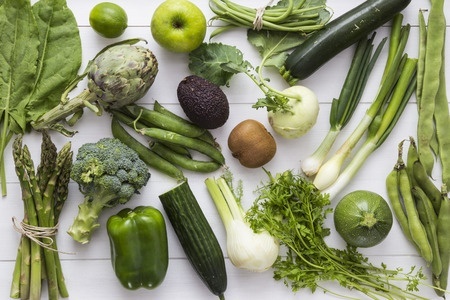
When diets become trendy, alarm bells should always ring. When a diet gets into the limelight, it’s time to take a step back from the food bloggers and celebs, and focus in on the facts before jumping on the bandwagon. Time to take a dip into why raw nutrition should be integrated into your diet, which veggies are the best to eat raw, and the best ways to cook vegetables that need a bit of heat.
Read on to get the lowdown on Raw Vs Cooked – how will you end up nibbling your veggies?
Raw Vs Cooked: the case for eating raw vegetables
Why do people take up a raw food diet?
The raw food diet promotes eating more real foods in their natural state, ensuring no nutrients are lost in the cooking process and our bodies get as much as they can. When we cook, we’re softening fibres to make consumption easier.

As we heat the food during cooking, water expands in the food until it bursts or breaks down the structures - this can damage delicate structures leaving dramatically less available nutrients in your dish. Nutrients that would have been absorbed by the body if consumed raw.
Normally, when we see references to raw food diets, it seems to be linked to promises of weight loss, but in fact it is not the ‘fad’ diet that it seems. It’s nicknamed as the ‘anti-diet’, because it’s more of a lifestyle that’s focused on nutrients, not minimising calorie intake. And anyway, eating raw comes with a list of benefits that far outweighs any weight loss claims:
- Improving digestion
- Reduces inflammatories
- Preventing cancer
- Increases dietary fibre
- Increases heart health
- Makes your skin glow!
- Helps you maintain a healthy body weight
- Prevents/treats constipation
- Optimises liver function
- Reduces fatigue and gives boundless energy!
You don’t have to go to the extremes and lock yourself into some kind of ‘RAW IS MORE’ cult, but it certainly is a good idea to consume some raw veggies (and fruits!) every day. Adding raw vegetables is certainly worth it for these health benefits, plus less cooked food means less time at the stove. Winner!
The most nutritious vegetables to eat raw:
All vegetables give brilliant nutrition, so try to get a colourful variety every.damn.day. Getting in seven portions of fruit and veg is so important in leading a healthy lifestyle and maintaining energy levels, so never turn your nose up at a portion of veg! Try adding in fresh, non-starchy veg to fill half your plate, and make most of these raw.
Broccoli
You may be surprised to see broccoli top of this list, since the texture of a raw broccoli might take some getting used to. But raw broccoli contains sulforaphane, a compound found to fight cancer cells, lower blood pressure and improve heart health. The Journal of Agriculture and Food Chemistry found that consuming broccoli raw absorbed sulforaphane quicker and in higher quantities than when it was boiled. This is also true with cabbage, cauliflower, bok choy and kale – they’re packed with anti-cancer compounds that are best digested raw.
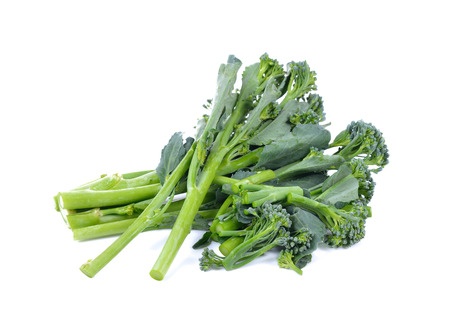
Sprouts
High in phytonutrients and chlorophyll, they are a brilliant source of antioxidants! They’re known as a superfood as they have the highest vitamins, minerals, enzymes and proteins than any other vegetable – throw them raw into a salad to pump up the health factor!
Red Pepper
Red peppers have a high level of vitamin C in its raw form, however, when it is cooked at a high temperature for a prolonged period, they can lose this level of vitamin C. Try eating them raw instead of roasting for maximum benefits.
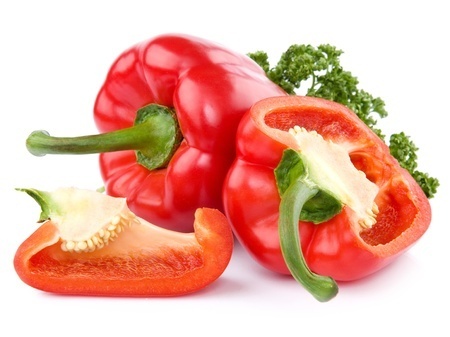
Garlic
Ah the delicious, flavoursome addition to all our cooking! But to eat it raw? Ew. Raw garlic is hard to stomach for many, but it contains allicin that is known to strengthen your immune system and lower cholesterol. Add it in towards the end of your cooking if the thought of crunching it raw makes your stomach turn.
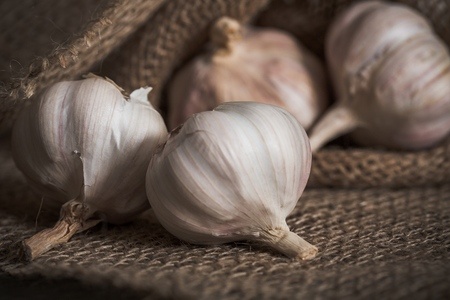
Vegetables that can benefit from a cook:
Although we’ve been singing the praises of raw vegetables, there are some which could be better for you cooked. A bit of cooking can boost their antioxidant content! Studies have found that some vegetables release their antioxidant goodness once their cell walls are broken down with cooking. Also, cooking the veg can help us to absorb nutrients quicker than if we munched them straight out the ground.
Carrots
Carrots raw or cooked are delicious, but there’s some controversy on whether they’re better for you cooked than raw! Although raw carrots make for a tasty snack, cooked carrots make it easier for our bodies to benefit from their antioxidants, such as beta-carotene, which is converted into vitamin A.
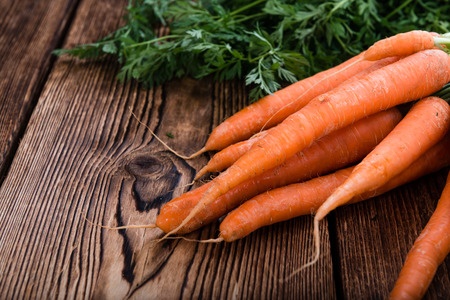
Spinach
Packed full of minerals, spinach is one heck of a leafy green! It may be high in calcium, but it also has high levels of the oxalic acid which binds calcium and reduces its absorption. Cooking spinach releases some of the calcium and also increases the amount of magnesium and iron that’s available to the body!
Tomatoes
Turns out getting saucy could be good for you! When tomatoes are slow roasted or cooked into a sauce with olive oil, the cell walls are broken down which helps our bodies absorb the antioxidant lycopene.
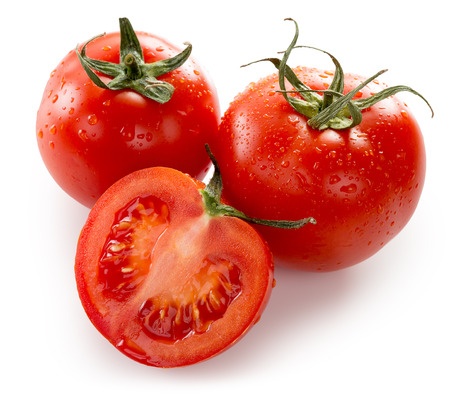
What is the best way to cook vegetables?
So while there are vegetables that are best eaten raw, there are also some that could be even better for you if you give them a quick cook. But what’s the best way to cook them?
We’ve already established that these valuable foods are packed full of important minerals, but boiling, frying and roasting reduces the nutrients way too quickly. Before you know it, they’re soft enough to eat but everything that you’d wanted to benefit from has been blasted away!
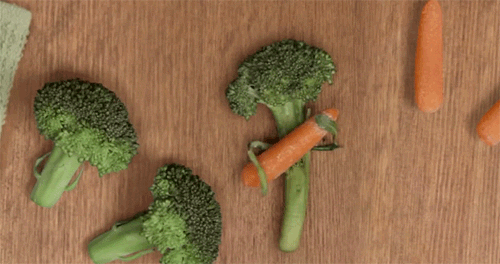
Lightly cook at temperatures less than 100 degrees. Steaming can be a brilliant way to cook your veggies or sautéing them lightly in healthy cooking oil. You can bake some veggies too, but be wary as some veggies won’t retain their antioxidants in the oven’s heat. The ones that will have flourishing antioxidant levels in the oven are green beans, aubergine, spinach and Swiss chard!
Try getting some raw food into your diet to see the amazing benefits that raw nutrition can bring to your body! But remember, all vegetables are unique – each one shines through different preparation methods, so be sure to double-check the best way to consume them before throwing them into the baking tray.

